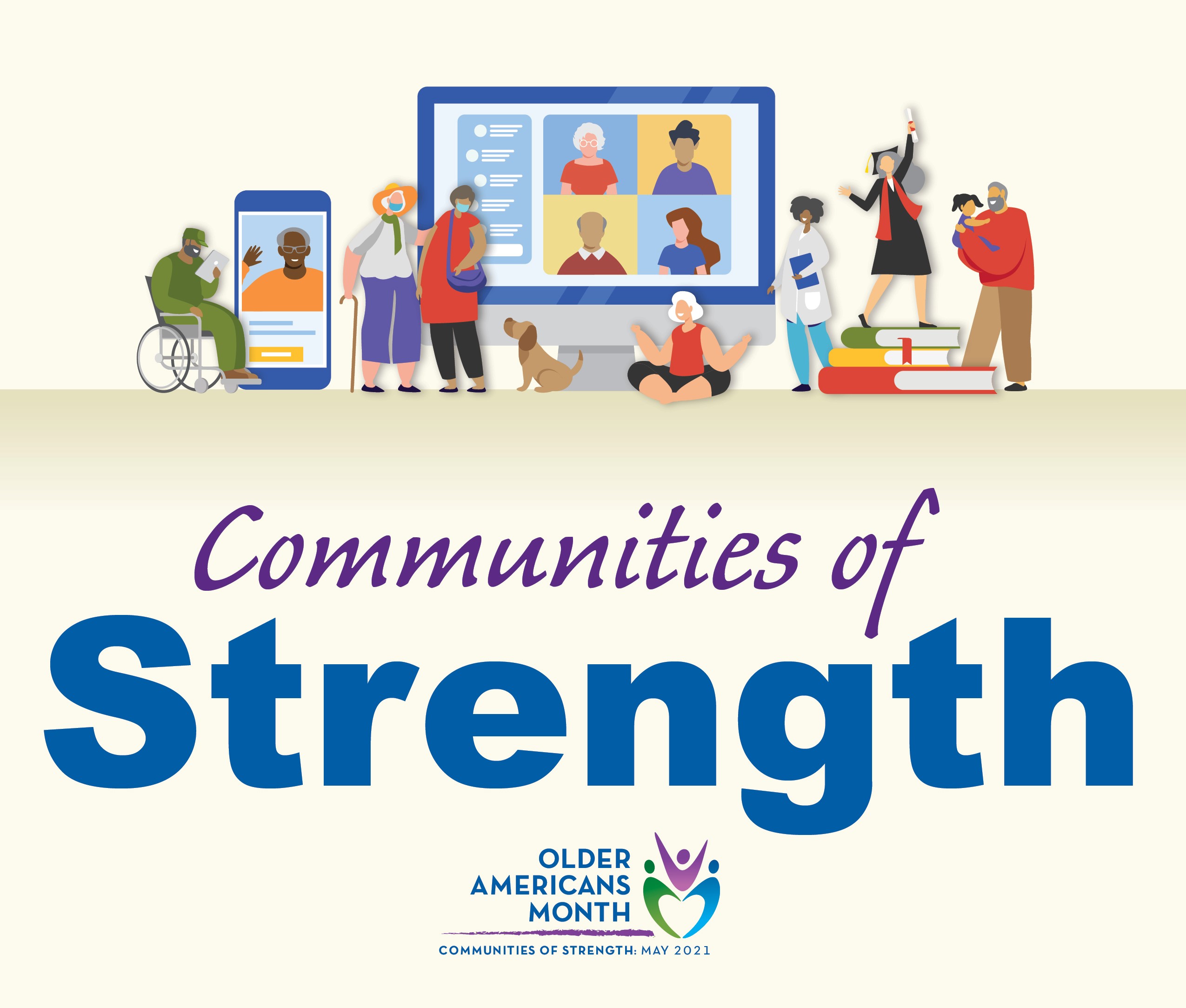
Each year in May, we recognize Older Americans Month. This year, the theme is “Communities of Strength” – an especially poignant focus when living through a pandemic and looking to better days ahead.
But no matter what the time period or situation, there are always so many things to consider when the critical decision of moving a loved one to assisted living comes to the forefront. Families often have to take a hard look at what their relative truly needs to be comfortable versus what they might want that person to have to make themselves feel better about the change.
If you’re starting the process of a life transition with your loved one, it takes courage and a thorough conversation about what’s best for them in a new living space.
- Allow some personal belongings. Downsizing is an important factor when moving to assisted living. A favorite kitchen table or lounge chair may no longer fit in a new space, so it is left behind. What is important to pack for your relative are photographs of family and friends, photo albums, favorite books, a piece of artwork or a familiar blanket and pillows. Transitioning to new housing for your loved one shouldn’t mean giving up all the comforts of their former home.
- Not everything should be new. Moving someone into an assisted living facility is a huge adjustment. So much is different for them – the people, the food, the routines. Many times, families look to our spaces that include kitchens as a must-have, especially if their loved one enjoyed cooking. If the resident is taking all meals in the dining area and needs significant support when eating, then the kitchen isn’t a necessity. Experts remind us that change should be kept to a minimum. The best approach is to limit the new things that our residents need to learn and adjust to, and they may not even use or need because of the complete amenities offered.
- Expect change. It will happen. Your loved one will tell you that they don’t like where they now live. They may even ask to go home. Remember, this is a normal process when dealing with major changes. Keep in mind that to them, home is both a place and a feeling. Ask them to talk to you about what they miss. It may not change anything, but allowing them to express how they feel is incredibly important.
- Be patient. Three to six months is the average time experts say that it takes for someone to adjust to assisted living. Stick with the reasons for your loved one’s move – improved safety, health, security, and comfort. This will help get through the tough times in those early days and weeks.
No matter what stage of the assisted living process, you can turn to Castle Senior Living for guidance. Talk to us about concerns that you have as we support your loved one through the transition and toward a happy lifestyle. We are proud to provide a comfortable, loving home environment that encourages independence, stability and happiness, and includes a variety of amenities, programs and clinical support for our residents. That’s how we build a community of strength.
Read more here or contact us with any questions.

